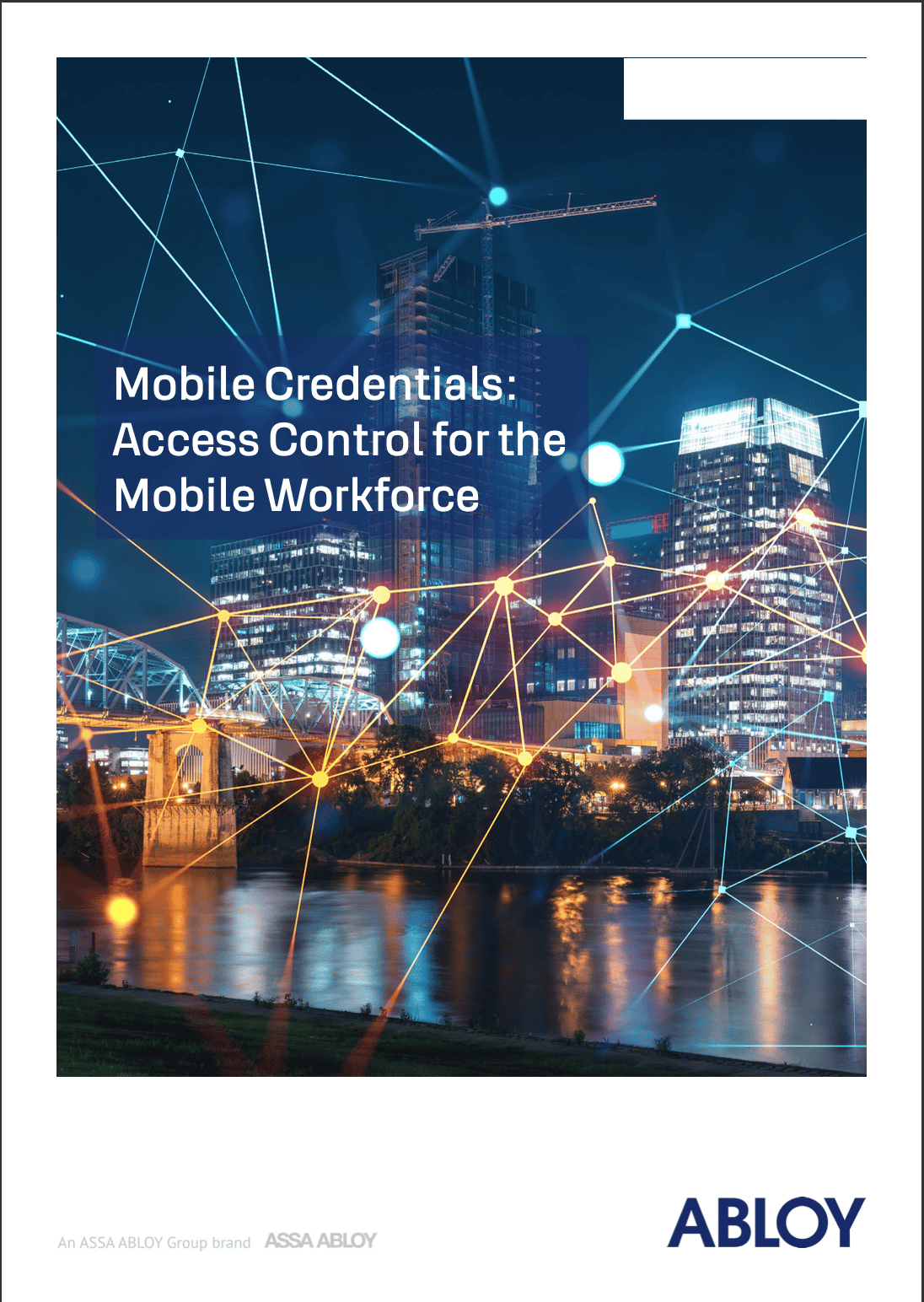
Market leader Abloy UK has launched a new discussion paper exploring the reasons for the increased demand for mobile credentials.
The document will focus on critical infrastructure where they are being used to answer the need for flexibility, convenience and improved operational efficiency.
A mobile credential is a digital access key that allows you to authenticate with your smartphone, and use it to gain access to a building, room, or site, replacing a traditional key, fob or a card.
The paper addresses the demands from critical infrastructure businesses which need flexible, reliable key management for a wide variety of sites. From electricity substations to railway track-side cabinets and signal boxes, ISP network cabinets, telecom towers and many more, often in remote locations.
Many sites require shared access by different companies, sometimes by employees, often by contractors. Abloy’s whitepaper discusses the range of options available to businesses to ensure their assets are secure.
It also explains how Abloy can help companies improve operational efficiency with effective key management, reducing risk, reducing wasted journeys, saving money and contributing to their sustainability objectives.
Steve Wintle, Head of Critical Infrastructure at Abloy UK, said: “The world is adopting new technologies at an astounding rate, and as a society we are becoming more reliant on, and comfortable with digital devices. When it comes to managing access control, mobile credentials are gaining popularity across a wide range of industries and applications.
“In this whitepaper, we discuss how mobile credentials have the power to revolutionise access control, making it a more sustainable, convenient, flexible and money saving strategy. We also consider barriers to implementation and recommend the type of applications where they could be the ideal access solution.”
To view the whitepaper, go to https://bit.ly/3doHkth